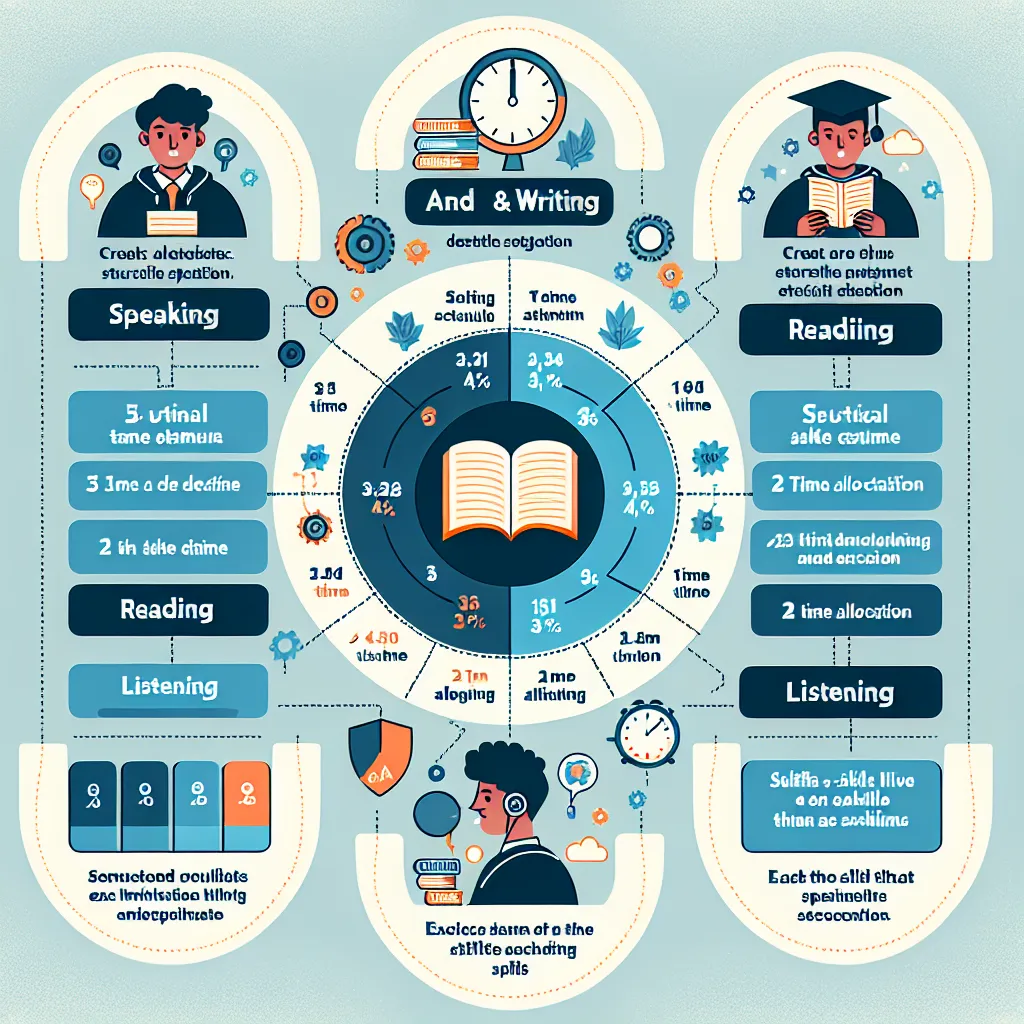Preparing for the Pearson Test of English (PTE) Academic can be a daunting task, especially when it comes to vocabulary. One of the most common questions among test-takers is, “How Many Words Do I Need To Learn For The PTE Exam?” This comprehensive guide will help you understand the vocabulary requirements for PTE and provide strategies to enhance your word power effectively.
Understanding PTE Vocabulary Requirements
The PTE Academic exam doesn’t specify an exact number of words you need to know. However, a strong vocabulary is crucial for success across all sections of the test, including speaking, writing, reading, and listening.
The Importance of Vocabulary in PTE
A robust vocabulary enables you to:
- Comprehend complex texts in the reading section
- Understand audio materials in the listening tasks
- Express yourself clearly in speaking and writing sections
- Score higher in the ‘vocabulary range’ criterion of the test
 Importance of Vocabulary in PTE
Importance of Vocabulary in PTE
Estimated Vocabulary Size for PTE Success
While there’s no official word count, experts suggest aiming for the following:
- Core Vocabulary: 5,000-7,000 words
- Academic Vocabulary: 500-1,000 additional words
- Subject-Specific Terms: Varies based on your field of study
Breaking Down the Numbers
Core Vocabulary
This includes high-frequency words used in everyday English. These words form the foundation of your language skills and are essential for basic communication.
Academic Vocabulary
These are words commonly used in academic contexts. They’re crucial for understanding scholarly texts and expressing complex ideas.
Subject-Specific Terms
Depending on your academic background, you may need to familiarize yourself with terminology related to your field of study.
Strategies to Build Your PTE Vocabulary
1. Use Vocabulary Lists
Start with PTE-specific vocabulary lists. These typically include words frequently appearing in the exam.
2. Read Extensively
Engage with a variety of texts:
- Academic journals
- News articles
- Literary works
This exposure helps you encounter words in context, improving retention and understanding.
3. Practice with Flashcards
Create digital or physical flashcards for new words. Include:
- The word
- Its definition
- Example sentences
- Synonyms and antonyms
4. Utilize Vocabulary Apps
Apps like Quizlet, Memrise, or Anki can make learning new words more engaging and interactive.
 Vocabulary Learning Apps
Vocabulary Learning Apps
5. Learn Word Families
Instead of learning individual words, focus on word families. For example, learning ‘conclude’ can help you understand ‘conclusion,’ ‘conclusive,’ and ‘inconclusive.’
6. Engage in Active Learning
Use new words in your speaking and writing practice. This active application reinforces your learning and improves recall during the exam.
Focus Areas for PTE Vocabulary
Academic Word List (AWL)
The Academic Word List, developed by Averil Coxhead, contains 570 word families commonly found in academic texts. This list is an excellent starting point for PTE preparation.
Collocations
Pay attention to word combinations. Knowing which words typically go together improves your fluency and naturalness in speaking and writing.
Idiomatic Expressions
While less common in academic contexts, understanding idiomatic expressions can boost your overall language proficiency.
Tips for Effective Vocabulary Learning
- Set realistic goals: Aim to learn 10-20 new words per day.
- Review regularly: Revisit learned words to reinforce memory.
- Use context: Learn words in sentences or paragraphs to understand their usage.
- Practice pronunciation: Ensure you can pronounce new words correctly for the speaking section.
- Focus on academic and formal language: PTE emphasizes these language styles.
Common Mistakes to Avoid
- Overreliance on translation: Try to think in English rather than translating from your native language.
- Ignoring word forms: Learn different forms (noun, verb, adjective) of words.
- Neglecting context: Don’t just memorize definitions; understand how words are used in context.
- Skipping practice: Regular use of new vocabulary is key to retention.
Next Steps in Your PTE Preparation
- Take a diagnostic test to assess your current vocabulary level.
- Create a study plan focusing on your weak areas.
- Practice PTE-style questions regularly to apply your vocabulary knowledge.
- Consider joining online PTE forums or study groups to share learning strategies.
Remember, building your vocabulary for the PTE exam is a gradual process. Consistency and regular practice are key to success. While aiming for a broad vocabulary range, focus on understanding and using words effectively rather than just memorizing large numbers of words. With dedicated effort and smart study strategies, you can significantly improve your vocabulary and boost your PTE score.
[internal_links]
By following these guidelines and consistently working on your vocabulary, you’ll be well-prepared for the vocabulary challenges in the PTE exam. Good luck with your preparation!




